Distinguished Service Award: Deborah Kempe
ARLIS/NA 49th Annual Conference.
Convocation Program Presentation, 2021
ARLIS/NA 49th Annual Conference.
Convocation Program Presentation, 2021
2020 ARLIS/NA DISTINGUISHED SERVICE AWARD Acceptance Speech by Deborah Kempe; DSA ceremony held online, May 11, 2021
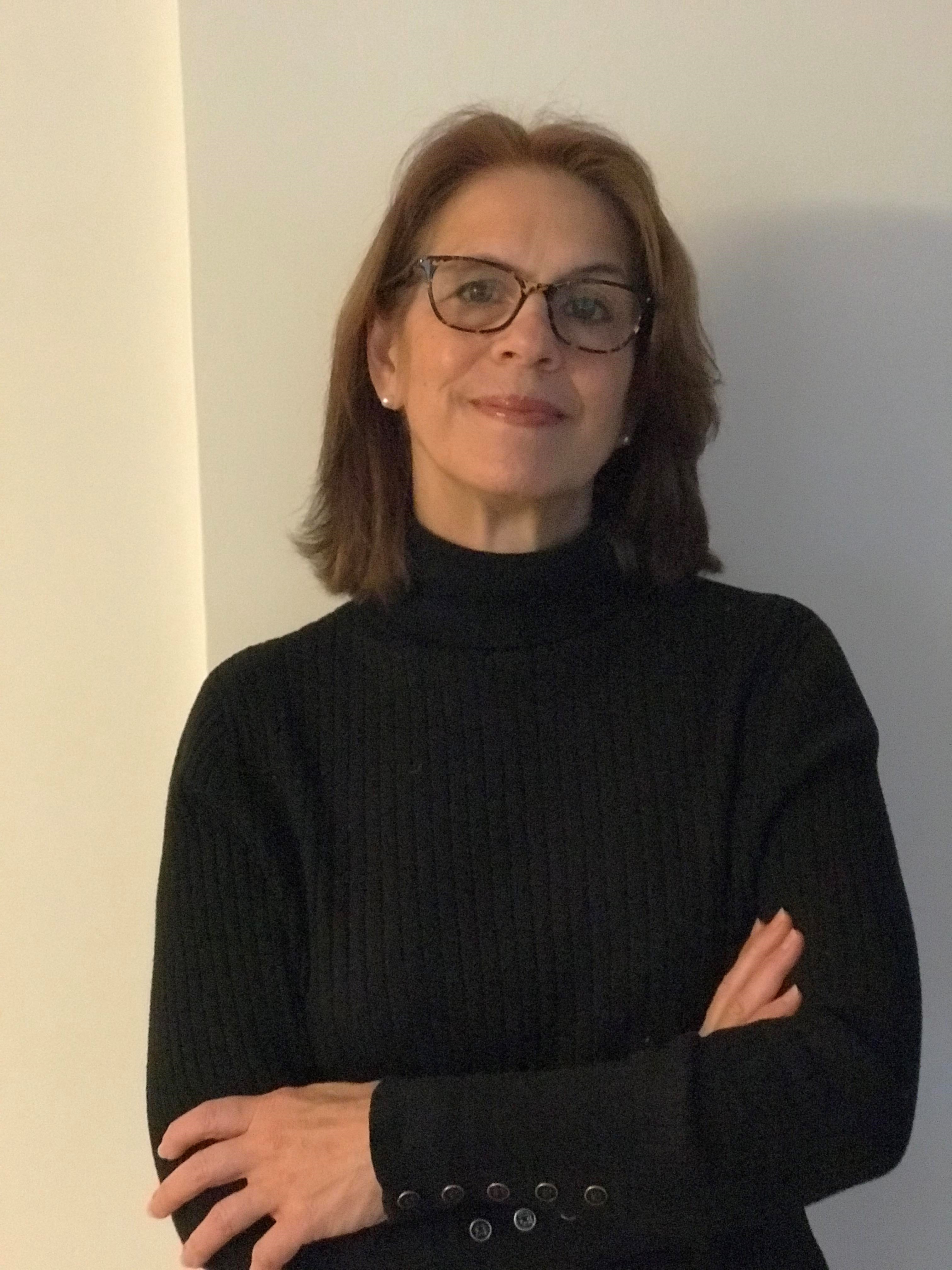 Hello Everyone out in Virtual ARLIS-Land!
Hello Everyone out in Virtual ARLIS-Land!
Thank you, Daniel, for those more than generous remarks. I am so moved by this effort of my colleagues and friends to make me the recipient of ARLIS N/A’s highest honor. Of course I wish we could all be gathered together today in Montreal, instead of at our respective dinner tables, desks, or wherever each of you may be. For me, it’s from my living room here in Yonkers, New York, overlooking the Hudson River.
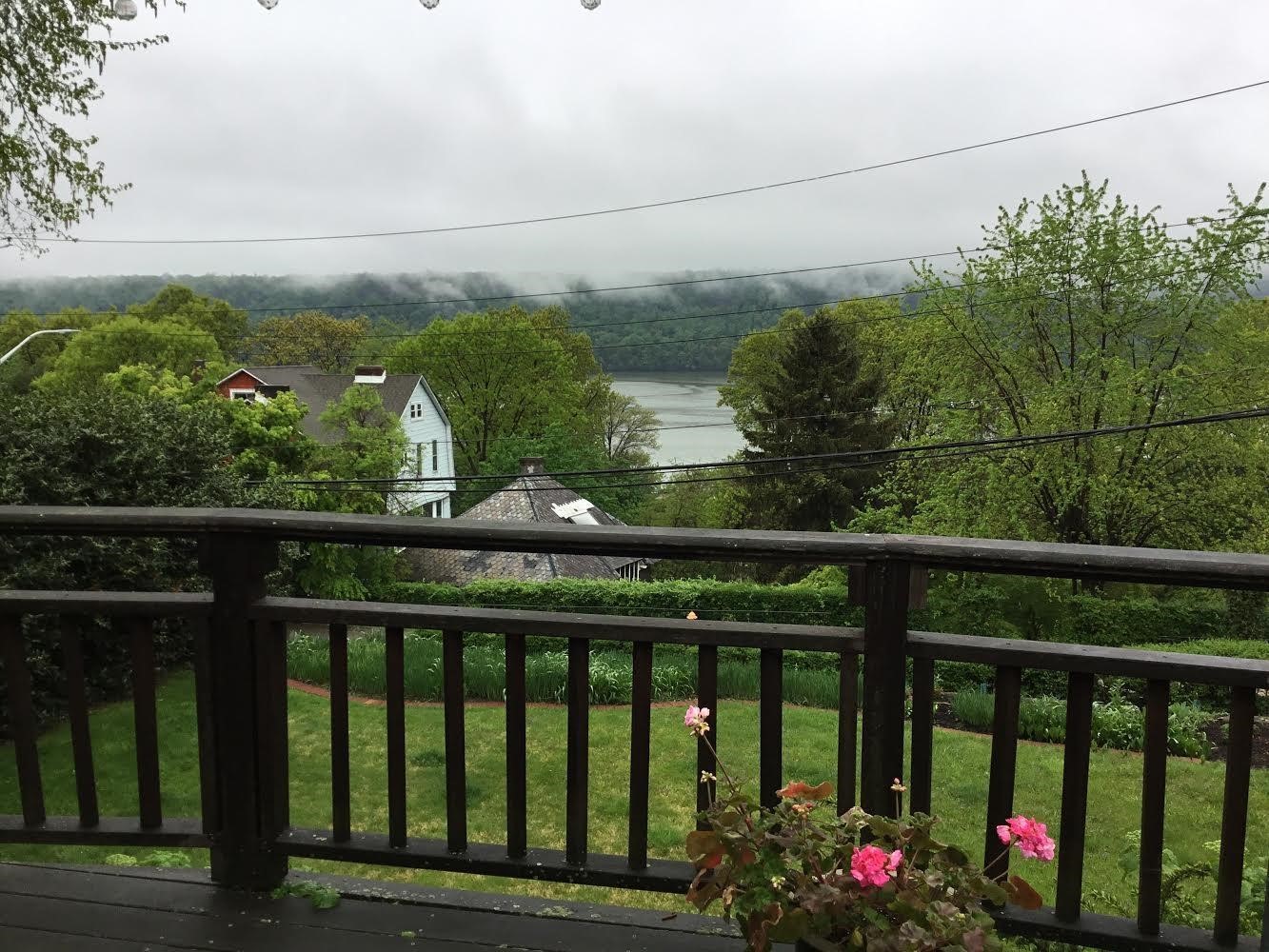
It's been too long since we’ve been able to see each other in person at a conference, but it’s also fortunate that with this virtual conference we are able to forge ahead, include more participants, and continue our connections. And personal connections, ultimately, are what this award is all about, because without my ARLIS/NA relationships, I would not be worthy of this award. So, thank you for this wonderful recognition. It means the world to me. I thank everyone who made this possible, all of you who wrote letters of support (you know who you are!), and especially Daniel Starr and Linda Seckelson and their team, who spent so much effort to shepherd my nomination forward. I also thank the ARLIS/NA Distinguished Service Award Subcommittee, chaired by Sylvia Roberts, and the Executive Board for considering me worthy of the award and approving it.
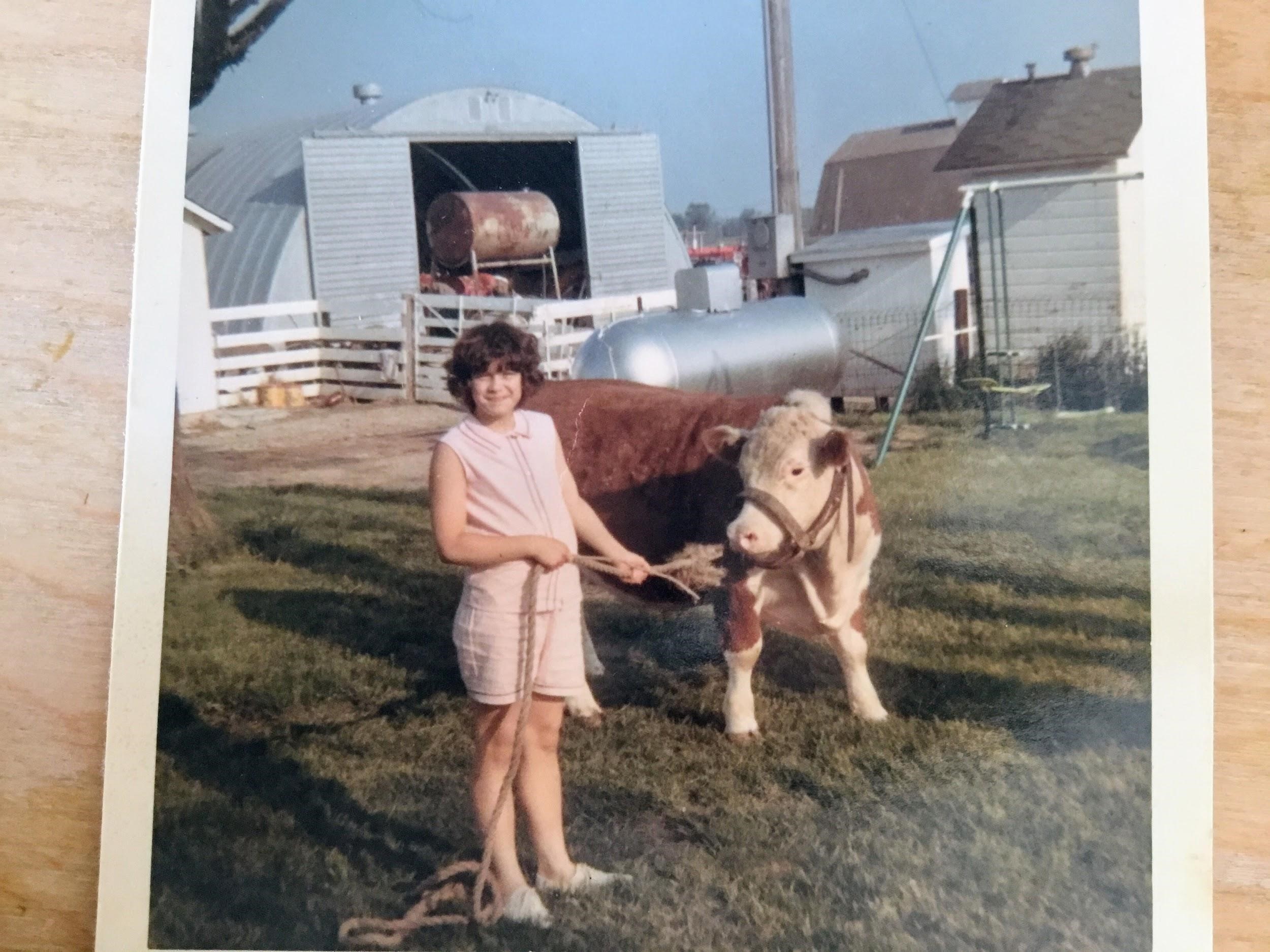
I know that previous DSA recipients have talked about the trajectory of their careers, and indeed it’s always sort of interesting—to me at least—what leads to people's choices and opportunities, so I’ll share a bit of my own story, although upfront I wish to acknowledge that, in addition to building a solid track record, pure luck and white privilege have played a large part in any success I’ve had. Recognition of the latter is important and I support our society’s active effort to counter injustices and create open opportunities for a more diverse and deserving workforce. I applaud this action and aim to be part of it.
So, how did this girl on a farm in Missouri wind up as this librarian behind a desk at a world-famous museum in New York City?
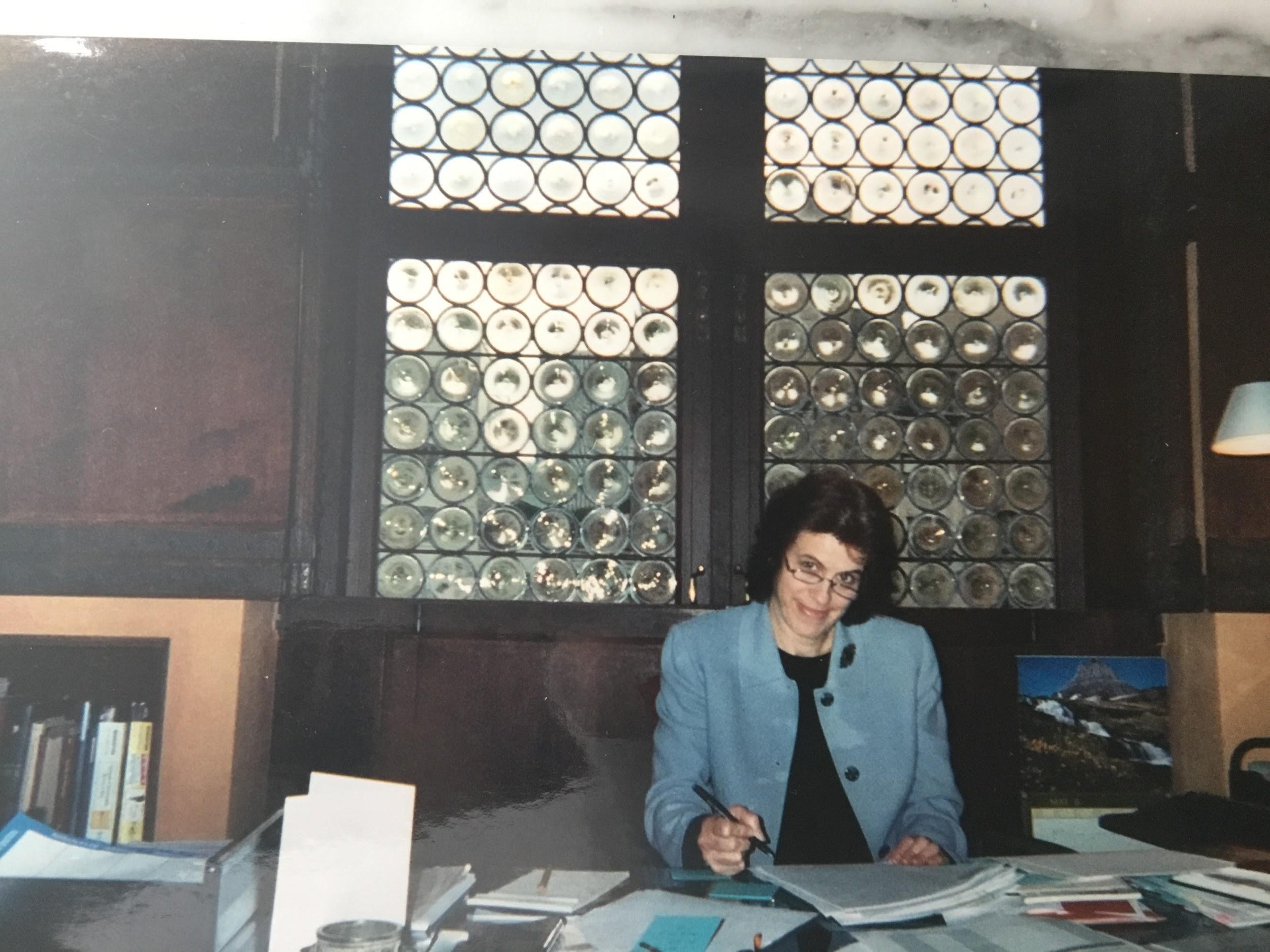
Honestly, I still myself wonder how this was ever possible. Growing up, the closest public library was seven miles away and was really only a storefront room with books to borrow, but it was a godsend for me and transported me beyond my circumstances, as books do for so many. My mom, bless her heart, encouraged my interest in art. I saved my pocket money to buy my first art book, which was on the work of Andrew Wyeth, and here’s a picture of it. My start as an art librarian.
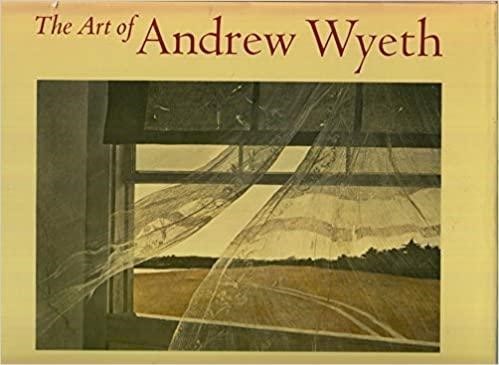
So, fast forward to college and a major in art history. The faculty at the University of Missouri were outstanding, and I flourished with the coursework, even if I wasn’t sure about going on for a Ph.D. I was positively itching to get out and see the masterpieces I’d been studying, so after my degree I worked as a waitress for a year and then went off to explore Europe with a friend. Upon returning to Columbia, I wanted a clear line to a career involving the arts, did not want to go for a doctorate, and decided that a masters’ library degree would be a good solution, so I marched right into the dean’s office at M.U and talked my way into the program. I’d had the chance to meet the phenomenal art librarian at M.U.: Marcia Reed, who went on to become a curator at the Getty, and therefore I had a great role model for my aspirations to be an art librarian. I was fortunate to be a teaching assistant to Helmut Lehmann-Haupt, a leading rare book historian, but I also T.A.ed for the very first “information science” course offered there. Actually, what seemed at that time an incongruous combination turned out to be a good preparation for my career ahead. My first professional job was as a cataloger in the library of the University of Arkansas. From there I broadened my horizon and was able to secure a grant-funded position as a cataloger at the New-York Historical Society, thanks to the Mellon Foundation. I made the life-changing move to N.Y.C., and never looked back. Next was a move to New York University for three years, and then to Avery Library at Columbia University, for my first real position as an art and architecture librarian, yay! After ten years there, I was recruited to a management position at the Frick Art Reference Library, where I stayed for an astonishing twenty-five years until last year at my retirement, and wow, did those years go by quickly. I joined ARLIS/NA as soon as I moved to New York and can honestly say that each career move was enabled to some degree by this organization.
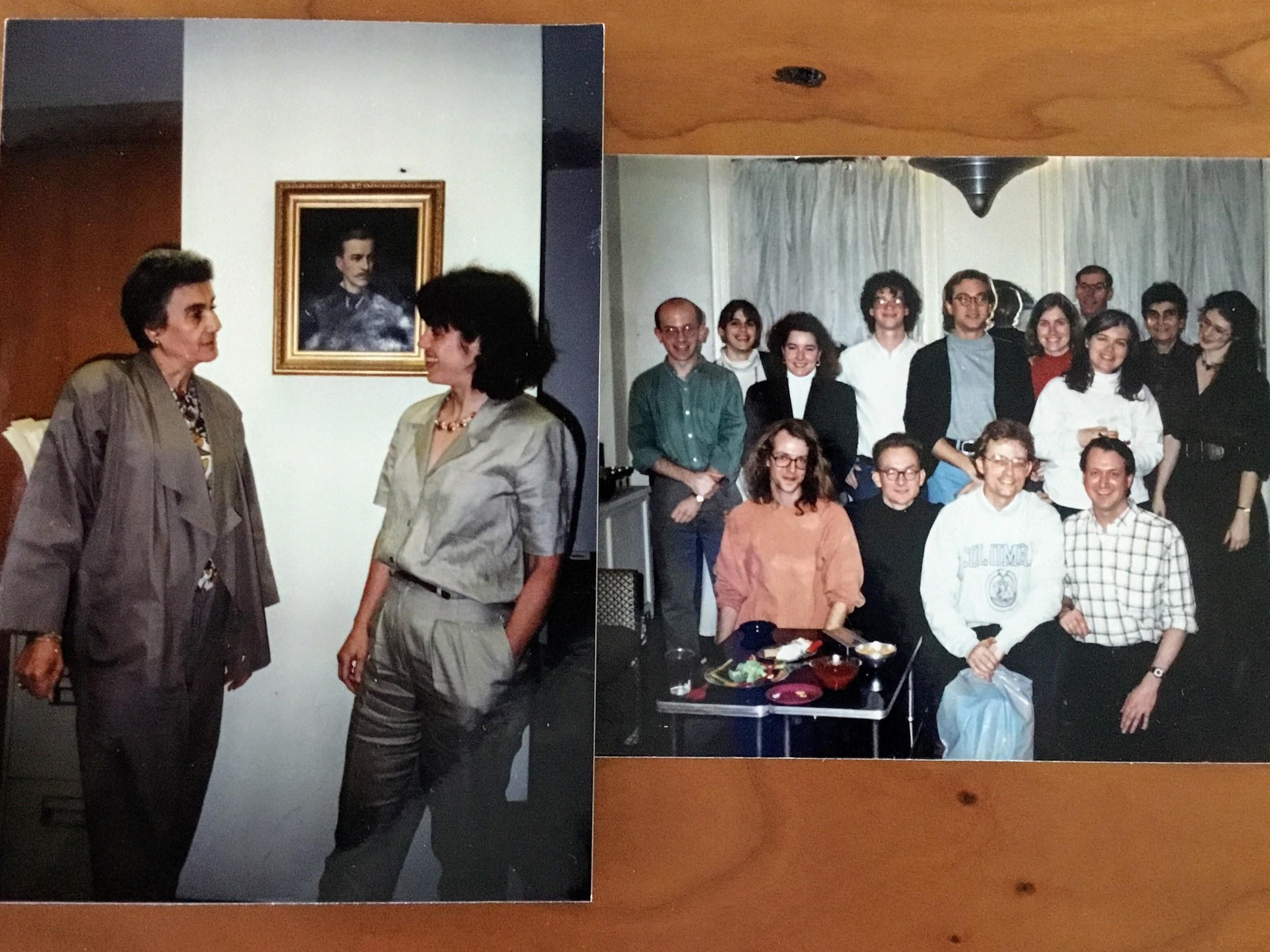
I love this year’s conference theme of creativity and collaboration, and if I may be allowed to brag a bit, I often feel that maybe the members of our society have a higher average of both compared to some other groups. Certainly both of these concepts have been key to my own career and I hope they will be for all of yours. It has been my greatest reward to work collaboratively with supremely talented and creative people, including the entrepreneurial team at the Avery Index,
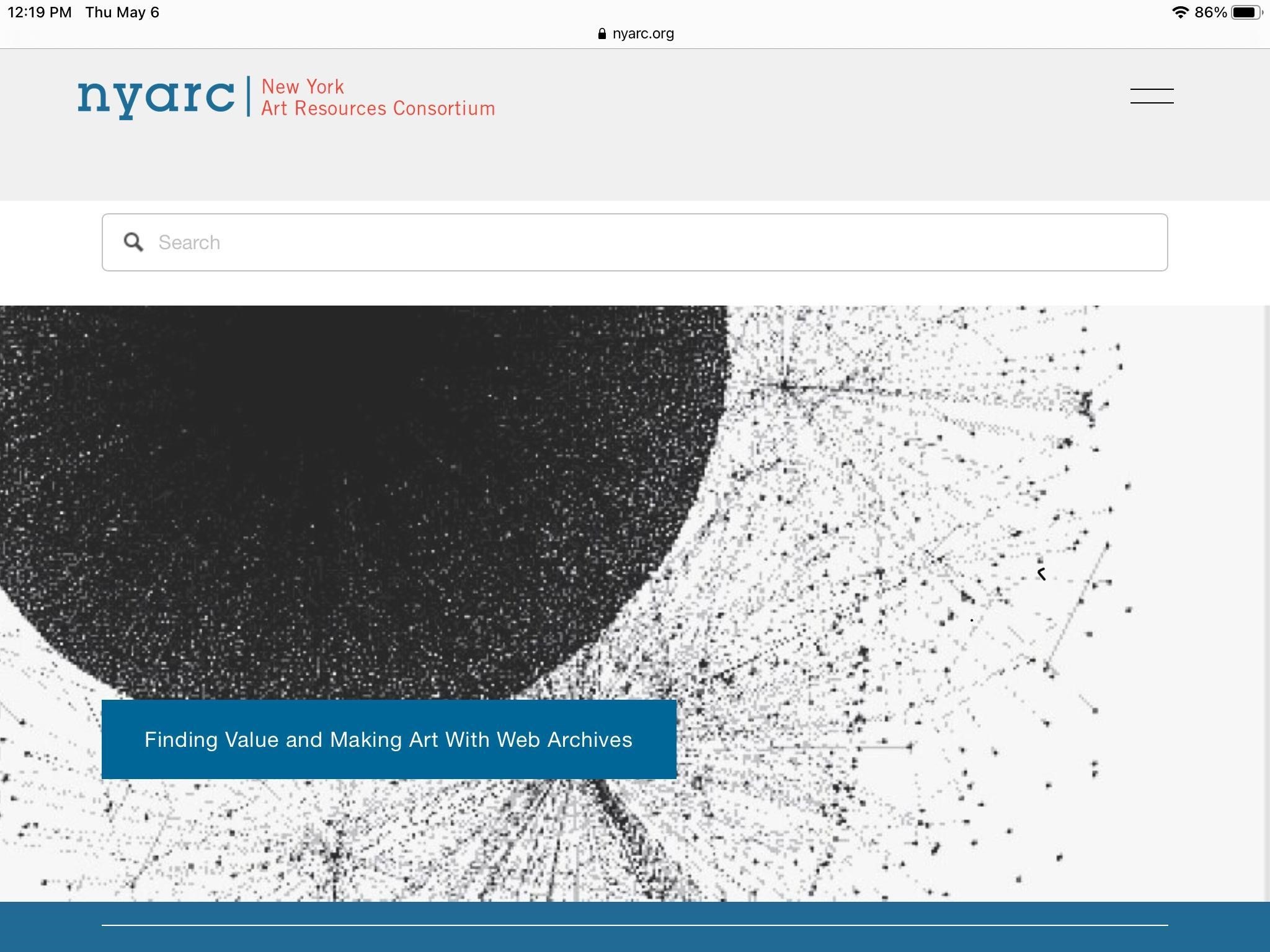
the fabulous leaders of the New York Art Resources Consortium,
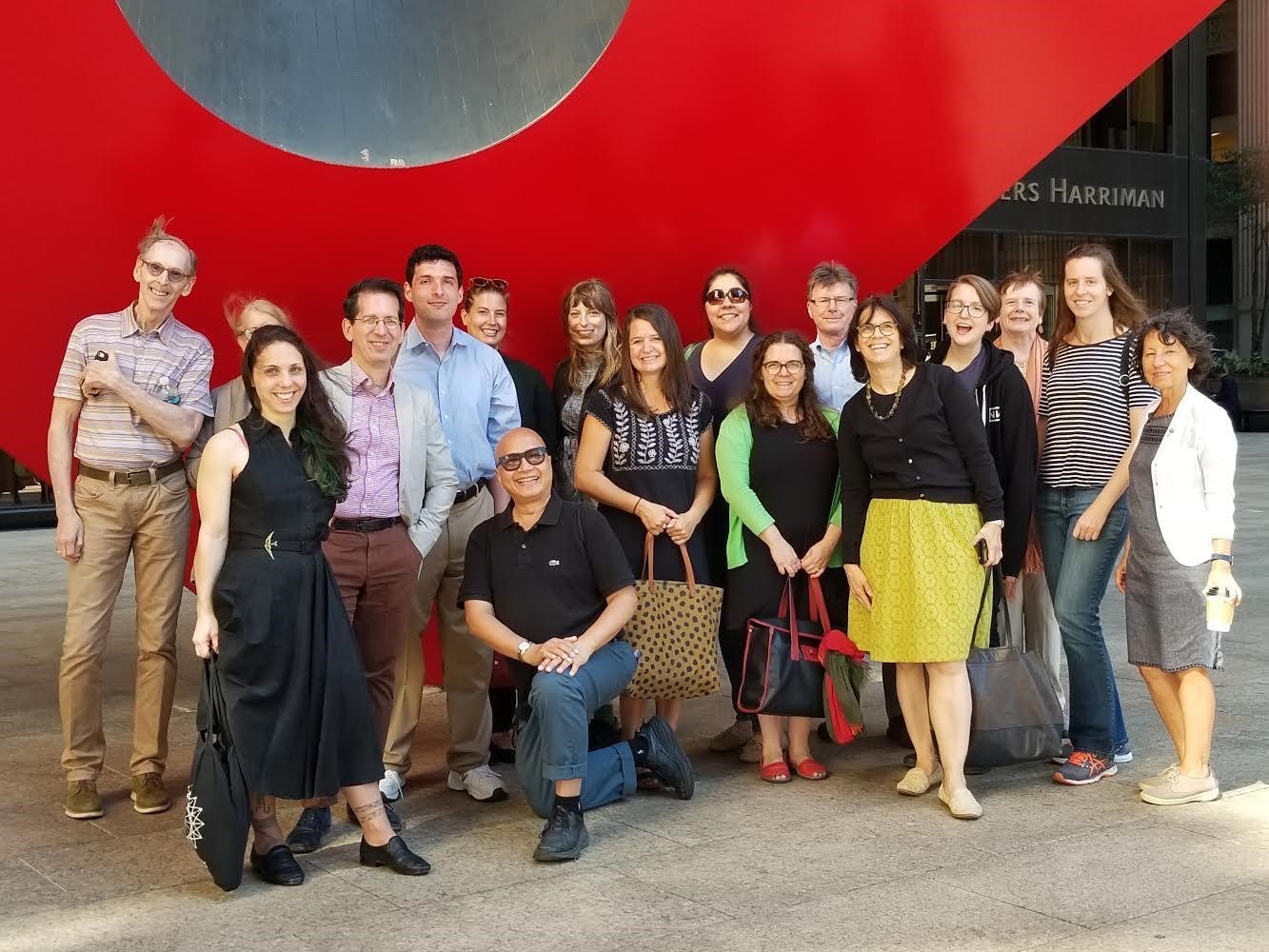
and the brilliant and supportive staff and colleagues at The Frick.
But contacts through ARLIS/NA have also been instrumental and just as rewarding, allowing me to learn and grow and be active beyond the immediate concerns of my daily work. I found mentors early on through ARLIS and knew it was important to become a mentor to others in return. Serving on committees and the Executive Board not only helped further the society; it gave me valuable leadership opportunities that ultimately helped me progress in my career. I encourage each of you to take up those challenges. You won’t regret it. Service has its rewards in many ways.
Even when growing up on the farm, I was always interested in the larger world beyond. It must have been all those National Geographic magazines. The desire for a global perspective drove my activity in strengthening international relations for ARLIS/NA. The professional kinships we hold should have no borders, and technology has facilitated easier communications. That said, it takes reaching out to create those common bonds, and now, with the library field seeing some profound reductions and consolidation that affect specialists like us, it is more important than ever to work together globally to support our work. I’m proud of the work I did with ARLIS/NA and its international affiliates to facilitate exchanges both virtual and actual. Working with members of the International Relations Committee over the years to plan study tours and to increase ties with colleagues around the world was tremendous fun.
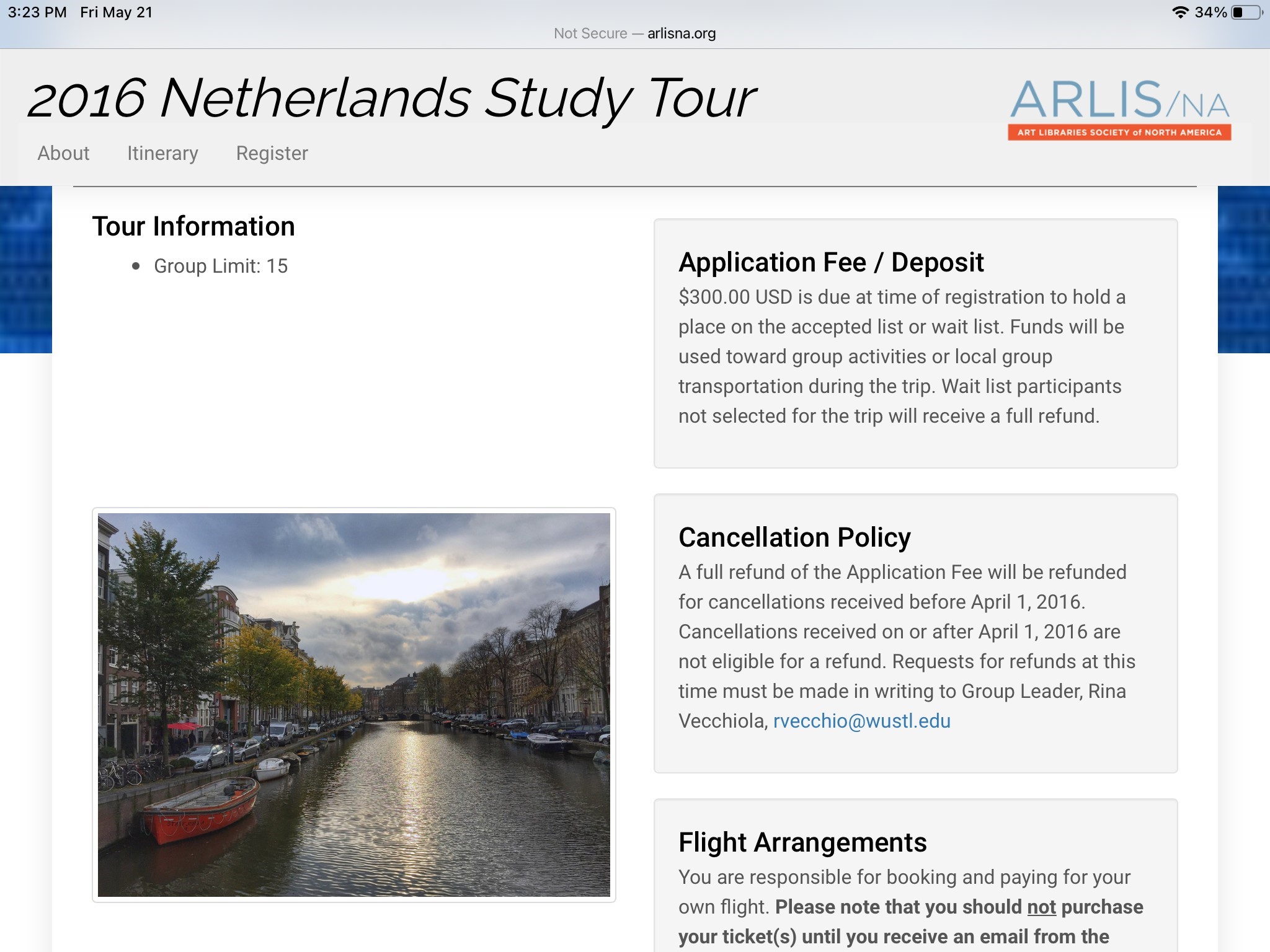
Bringing in a record number of international participants to the 2013 conference when I was president was one of my proudest moments. Let’s continue to support this important commitment to global concerns.
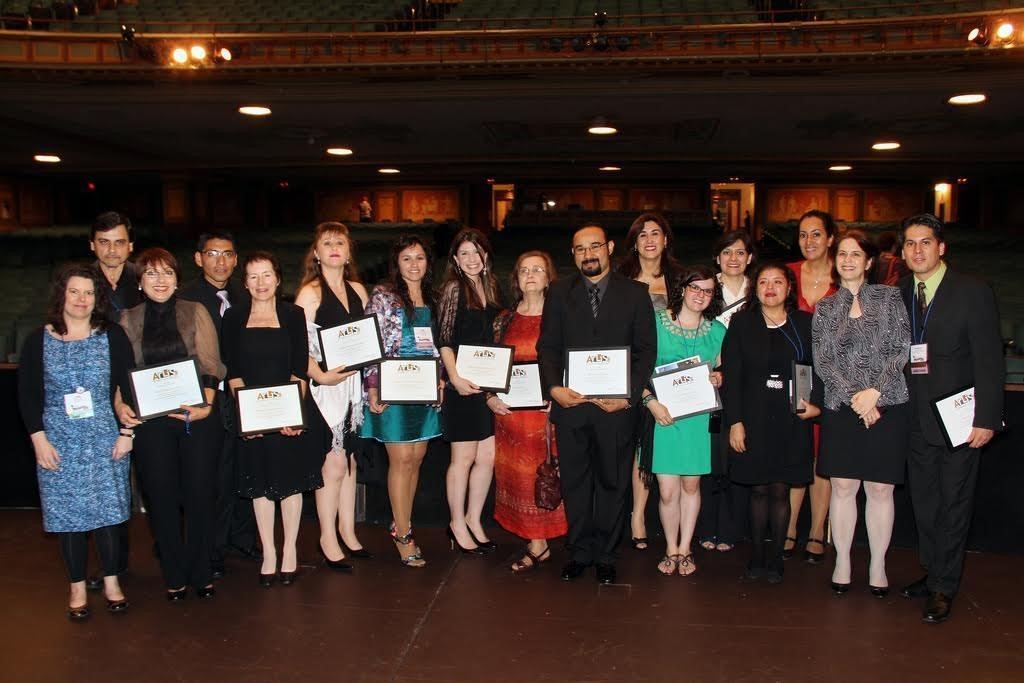
Now that I’m retired, what remains beyond the memories and milestones are the many good friendships I made through ARLIS/NA. It’s been a great source for kindred spirits and I will always treasure this. At one point I think I personally knew just about every member of ARLIS. This is less the case now, but that’s not a bad thing, because it means our membership base is evolving as new people join. I wish we could all go out now and mingle with a drink in hand and glam it up in the beautiful Montreal spring, but since that’s not possible, I promise I’ll make every effort to see you next year in Chicago for the real thing.
Receiving this award is a wonderful honor for me, and again, I thank everyone involved for making it possible. May ARLIS/NA continue to inspire and nurture those in our profession for many years to come.
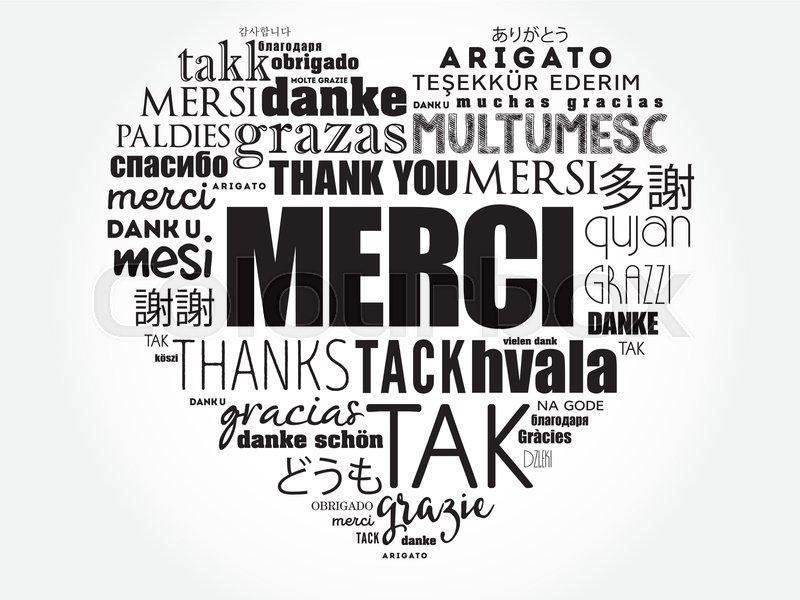
Thank you! Merci!
